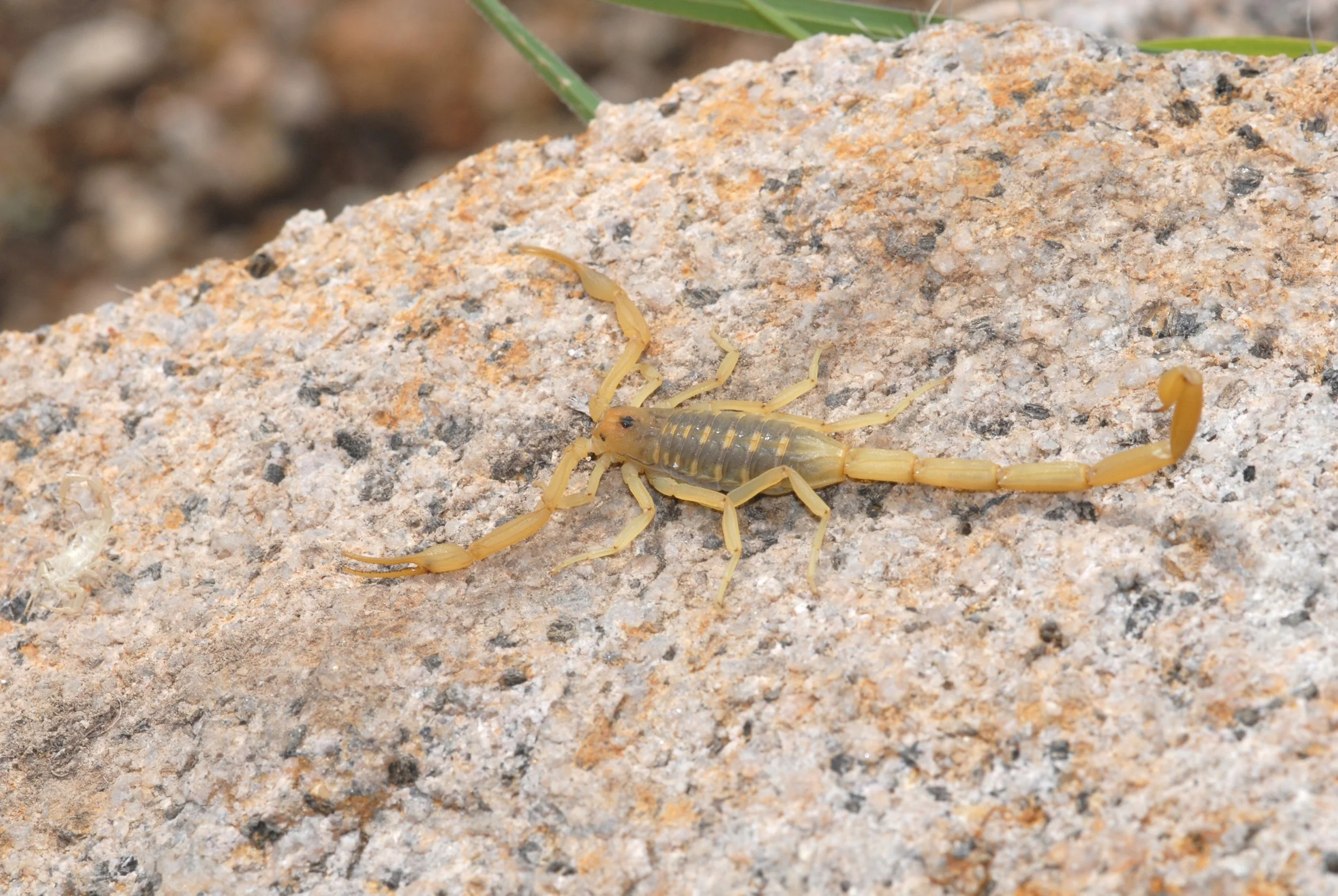Five Things You Need to Do When You Get Stung by a Scorpion
Essential First Aid and Prevention Tips for Scorpion Stings
Scorpion stings can be an unwelcome surprise, especially in regions where these arachnids are prevalent. Knowing how to handle such situations is crucial to avoid a dangerous and even life-threatening situation.
Whether you reside in the arid landscapes of Arizona or other regions prone to scorpion encounters, being informed is your first line of defense. Read on to discover the best practices and useful tips, ensuring you’re equipped to handle scorpion stings effectively.
And if you’re in the Phoenix area, finding the right guidance is paramount. We’ll touch upon insights from a reliable Phoenix pest control company to help you navigate this unsettling experience with confidence.
Understanding Scorpion Stings
The sting coming from a scorpion is released from the tail or stinger. The type of venom a scorpion releases is dependent on the species it belongs to. But generally, the venom is a mixture of different toxins that can affect the nervous system.
There are almost 2,000 scorpion species in the world today, but only 30 or 40 of them are said to inflict stings that can cause fatal harm or effect. These creatures are particularly common in arid and warm climates.
In the United States, states like Arizona, New Mexico, and Nevada are known for a high scorpion population, with the Arizona bark scorpion being particularly common. Scorpion stings are typically harmless and the discomfort from stung is usually manageable. However, there are cases when scorpion stings have adverse effects and may even result in death. The bark scorpion has a type of venom that can have severe implications, so it’s essential to avoid an encounter with this arachnid.
Scorpions are not typically aggressive and they don’t sting every species that they come in contact with. They only sting other creatures, including humans, if they feel provoked. They can control the amount of venom they release depending on how threatened they feel they are – that’s why some scorpion stings may not be as severe as others.
Contact a Phoenix pest control company if you suspect there’s a scorpion pest at home! It’s the best way to avoid encounters.
5 Essential Steps
If you or a loved one experiences a scorpion sting, here are five things you should do:
1 – Determine Who Got Stung
As mentioned, scorpion stings typically don’t pose a risk, and all they give off is minor discomfort and pain.
However, there are cases when symptoms can be more severe, especially for young children and older people who have weak or still developing immune systems.
Not to mention that some people may have different reactions to scorpion venom (allergies, for example). Pay attention to the symptoms the person manifests, and take them to the doctor right away. This helps prevent any severe reactions to the sting and contain the situation before it goes out of hand. Just the same, take your pet to the vet immediately when it experiences a scorpion sting.
When an adult is stung, it’s advisable to observe the symptoms first. At the first sign of a severe reaction, head to the emergency room right away. Also, if it was at home, contact a pest control company to ensure there isn’t an infestation.
2 – Examine Symptoms
Understanding the symptoms is key to gauging the severity of a scorpion sting. Common symptoms include localized pain, swelling, and redness. However, more severe reactions may involve:
Muscle twitching
Difficulty in swallowing
Unusual head and neck movements
Seizures
Blurred vision
Thick tongue
Drooling or salivating
Sweating
Vomiting
High and low blood pressure
Accelerated or irregular heartbeat
Restlessnes
Severe symptoms rarely happen, but you need to seek medical attention immediately if they become evident.
3 – Know The Type of Treatment to Seek
Different scorpion species produce varying types of venom, requiring specific treatments. While mild stings may only require basic first aid, more severe cases might need medical intervention.
If you’re only manifesting mild symptoms, treat the sting at home through these steps:
Wash the affected area with soap and water. Take off any form of jewelry or accessory that may affect circulation when the area swells. Apply a cool compress directly on the sting and the surrounding area.
Take pain relievers to manage the pain and discomfort. But before doing so, consult your doctor about the right type of pain medication to take.
If you suspect there’s a scorpion infestation at home, remember to contact a scorpion control company to get rid of these creatures safely.
4 – If Possible, Take the Scorpion to the Doctor
The best way to determine the right treatment for a scorpion sting is to know the type of scorpion that stung the patient. If you can capture the scorpion, secure it in a container and bring it to your doctor.
However, prioritize your safety and only attempt this if it can be done without risking additional stings.
5 – Prevent Future Scorpion Stings
The best way to deal with scorpion stings is to avoid them altogether. Take proactive measures to minimize the risk of future encounters.
Seal entry points in your home, use insecticides selectively, and shake out clothing and shoes before wearing them. Creating an environment less hospitable to scorpions is a practical and effective strategy for long-term prevention.
Protect Your Family from Scorpions with Help from Varsity Termite & Pest Control
There are cases when scorpions leave their outdoor habitat and enter structures like homes and buildings when they search for shelter and water. This is one of the causes of scorpion infestations, and you can avoid it through regular pest inspections.
More so, if there’s an ongoing scorpion situation in your home, you should rely on Phoenix professional pest control treatments to prevent any form of injury from inflicting you and your family.
Get in touch with us if you need any help getting rid of scorpions safely!

